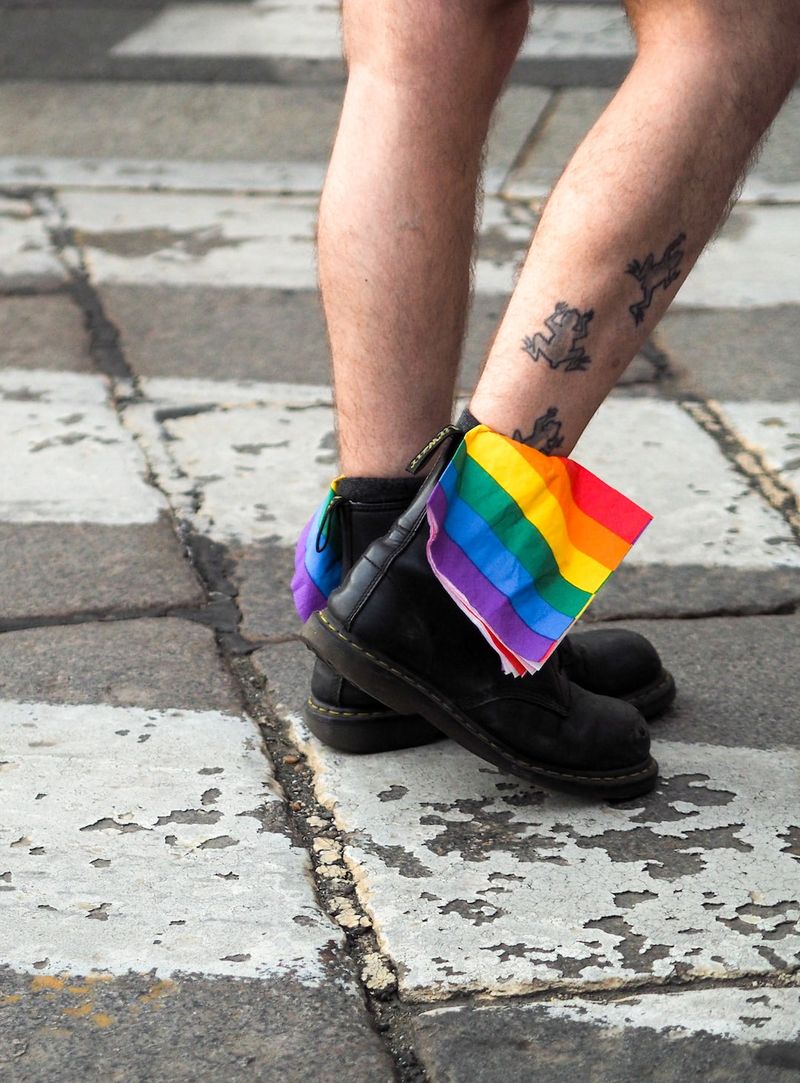Table of Contents
Investigating the Attack on Cambodian Opposition Activist in Thailand
Background
On August 22, 2023, Phorn Phanna, a Cambodian opposition activist and refugee, was brutally assaulted in Rayong province, Thailand. Phanna, who had sought refuge in Thailand to escape persecution by the Cambodian government, was beaten by three Khmer-speaking men. This incident is the latest in a series of attacks on Cambodian opposition members and government critics in Thailand.
Phanna, a member of the Cambodia National Rescue Party, had fled to Thailand in July 2022 and was recognized by the United Nations High Commissioner for Refugees as a refugee. From Thailand, he runs three Facebook pages critical of the ruling Cambodian People’s Party and provides support to other exiled Cambodian opposition activists.
Call for Investigation
Human Rights Watch has called on Thai authorities to immediately and impartially investigate the attack on Phorn Phanna. Elaine Pearson, Asia director at Human Rights Watch, emphasized that the Thai government has an obligation to protect the rights of everyone within its borders, including refugees. It is crucial for the Thai authorities to take proactive steps to ensure Phanna’s safety and to prevent politically motivated violence against refugees.
Previous Attacks and Extraditions
This attack on Phorn Phanna is not an isolated incident. Over the past few years, several Cambodian opposition members and government critics in Thailand have faced assaults. Furthermore, the Thai authorities have arrested and extradited dozens of Cambodian dissident refugees back to Cambodia. Upon returning to Cambodia, these individuals have faced arrest and prosecution. Human Rights Watch highlights the need for Thailand‘s new government to demonstrate its commitment to preventing violence against refugees and protecting them from wrongful returns to their home countries.
Editorial and Philosophical Discussion
Protecting Refugees’ Rights
The attack on Phorn Phanna raises important questions about the role of host countries in protecting the rights of refugees. Thailand, as a signatory to the United Nations Convention on the Status of Refugees, has a legal obligation to ensure the safety and well-being of individuals like Phanna who seek refuge within its borders. The Thai government must not only investigate this attack but also take concrete measures to create a safe environment for refugees to live without fear.
Democratic Stability and Activism
The targeting of opposition activists and government critics in Thailand raises concerns about the state of democratic stability in the region. A robust democracy requires space for dissenting voices and constructive criticism. Silencing opposition members through violence undermines the democratic principles that societies strive for.
Activism plays a crucial role in holding governments accountable and advocating for change. When activists and government critics are unable to express their opinions freely and face physical harm, it casts a dark shadow on democratic values. The attack on Phorn Phanna is a stark reminder of the challenges faced by activists in authoritarian regimes and the importance of international support in their fight for justice.
Advice for Thai Government
Immediate Investigation
The Thai government must prioritize conducting an immediate and impartial investigation into the attack on Phorn Phanna. This investigation should be transparent, with the findings made publicly available. Holding the perpetrators accountable will send a clear message that violence against refugees and political dissidents will not be tolerated.
Ensuring Safety for Refugees
Thailand should take concrete steps to ensure the safety and well-being of refugees within its borders. This includes providing adequate protection mechanisms, such as enhanced security measures and safe spaces, to prevent future attacks on individuals like Phanna. Additionally, the government should work closely with international organizations, such as the United Nations, to establish comprehensive refugee protection programs.
Protecting Freedom of Expression
The Thai government should reaffirm its commitment to democratic principles by protecting freedom of expression and creating an environment where individuals can voice their opinions without fear of reprisal. This requires allowing opposition members, government critics, and activists to operate freely and without intimidation.
International Support and Pressure
The international community, including organizations such as Human Rights Watch, should continue to monitor and raise awareness about the situation in Thailand. This includes calling on the Thai government to uphold its legal obligations to protect the rights of refugees and to prevent violence against political dissidents. International pressure, in the form of diplomatic dialogues and public statements, can play a significant role in urging the Thai government to take meaningful action.
In conclusion, the attack on Phorn Phanna highlights the urgent need for the Thai government to investigate this incident thoroughly, ensure the safety of refugees, protect freedom of expression, and uphold democratic values. By doing so, Thailand can set an example for the region and reaffirm its commitment to human rights and the rule of law.

<< photo by Edoardo Frezet >>
The image is for illustrative purposes only and does not depict the actual situation.
You might want to read !
- Repressive Measures Stifle Jordan’s Path to Reform
- Bangladesh: Urgent Release Demanded for Woman Arrested over Son’s Facebook Post
- “Blazing Injustice: Unraveling the Tragedy of the Evros Wildfire in Greece”
- Zimbabwe Elections: Democracy Challenged by Repression and Digital Threats
- The Silencing of Dissent: Repression in DR Congo as Elections Approach
- China’s Battle Against Anti-Black Racism in the Cyberspace
- Another Blow to Human Rights in Lebanon: Attack on LGBTI Bar Raises Concerns
- Lebanon’s Dark Reality: Inside the Harrowing Prison Conditions
- Preparing for Change: Global Youth Unite in Lebanon to Tackle Climate Crisis
- Ecuador’s Historic Referendum: A Collective Push to Preserve the Amazon Rainforest
- “Surging Repression: Afghanistan’s Devastating Descent under Taliban Rule”
- Australia’s Human Rights Act: Protecting the Dignity of All
- Egypt’s Electricity Crisis: A Threat to Basic Rights
- Senegal’s Opposition Party Dissolved and Internet Shutdown: A Backlash to Democracy?
- Repercussions of the EU’s Sanctions on Congo and Rwanda Army Officers
- Russia’s Suppression of Dissent: TV Rain Banned for Critical Reporting